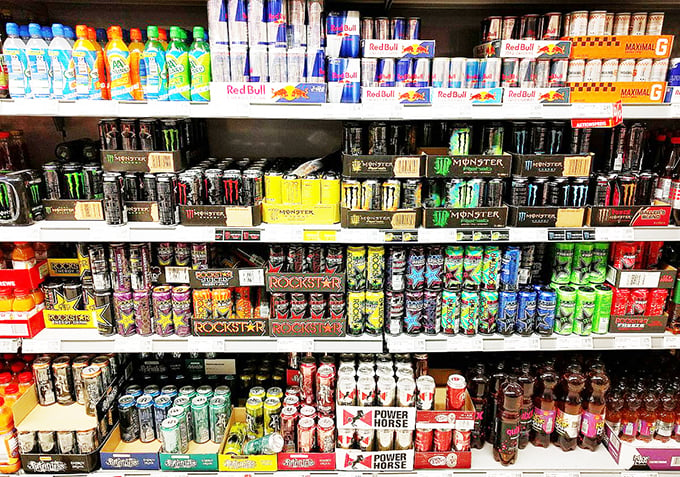Energy drinks are fortified beverages containing caffeine, amongst other ingredients (such as vitamins and minerals) to boost energy, enhance mental alertness and physical performance.
However, to avoid a peak energy boost without a crash, it’s important to opt for an energy drink that can provide you with clean and long lasting energy.
Though they are sometimes used interchangeably, in reality, sports drinks are different. They are flavoured beverages that often contain carbohydrates, minerals and electrolytes and sometimes other vitamins and nutrients.
Let’s take a closer look at energy drinks
Energy drinks offer the benefit of exactly what the name suggests, energy. However, not all energy drinks are created equal and some are more effective than others by providing additional benefits. It’s important to read the label and opt for an energy drink that isn’t packed full of sugar and contains a functional blend of ingredients for added benefits.
Many energy drinks have been formulated with tyrosine and taurine, which work synergistically to provide powerful focus, alertness and concentration during your workout. This helps to offset mood swings and lethargy so that you not only have the energy to power through even the toughest of workouts, but feel amazing whilst doing so. Outside the gym, these ingredients can also be used to improve focus and performance in the workplace, particularly to combat the afternoon slump.
Fat loss
Some energy drinks can aid in building a lean and strong physique as they contain potent fat-burning ingredients including l-carnitine and Green Tea Extract. l-carnitine assists with fat cell mobilisation to promote it to be burnt off as energy and Green Tea Extract contains antioxidants called catechins which have been linked to reduction in body fat and lowering of cholesterol markers. This enables you to reach your fat loss goals even sooner, with benefits continuing long after your workout.
In addition to fat burning properties, some energy drinks contain ingredients to assist with balancing blood sugar levels, which is an important factor when embarking on a calorie deficit.
The leading energy drink also contains a range of B vitamins and vitamin C to assist with general well-being, energy production, brain function and nutrient metabolism.
Vitamin C is a well-known antioxidant for supporting the immune system and our response to stress. This means you not only promote and support your energy levels, but provide your immune system with the support it requires to never skip a session and fall off track with your training routine.
How many energy drinks a day?
This all depends on how much caffeine you consume throughout the day. For most healthy adults, up to 400mg of caffeine a day appears to be safe. This roughly equates to the amount of four cups of brewed coffee or two energy drinks. Remember before you grab that energy drink, to read the ingredient list closely for high doses of sugar, caffeine and other stimulants.
